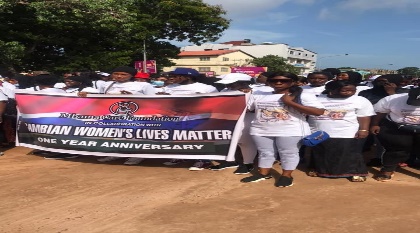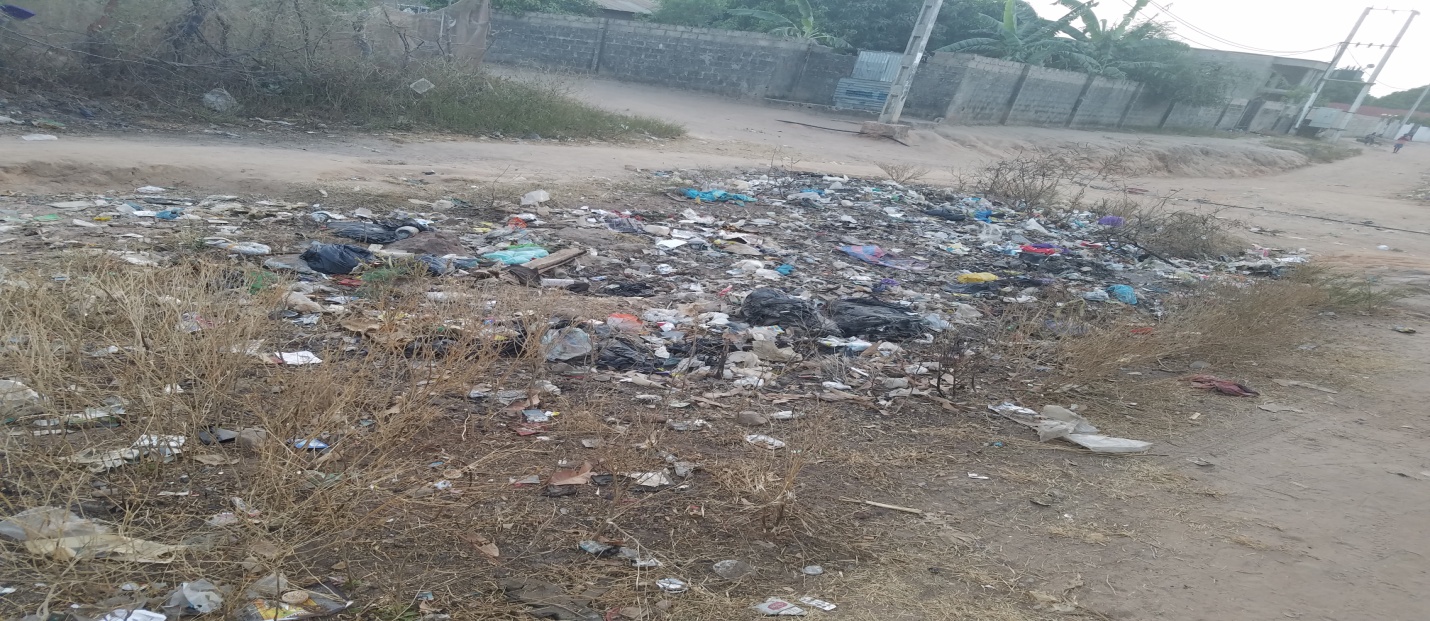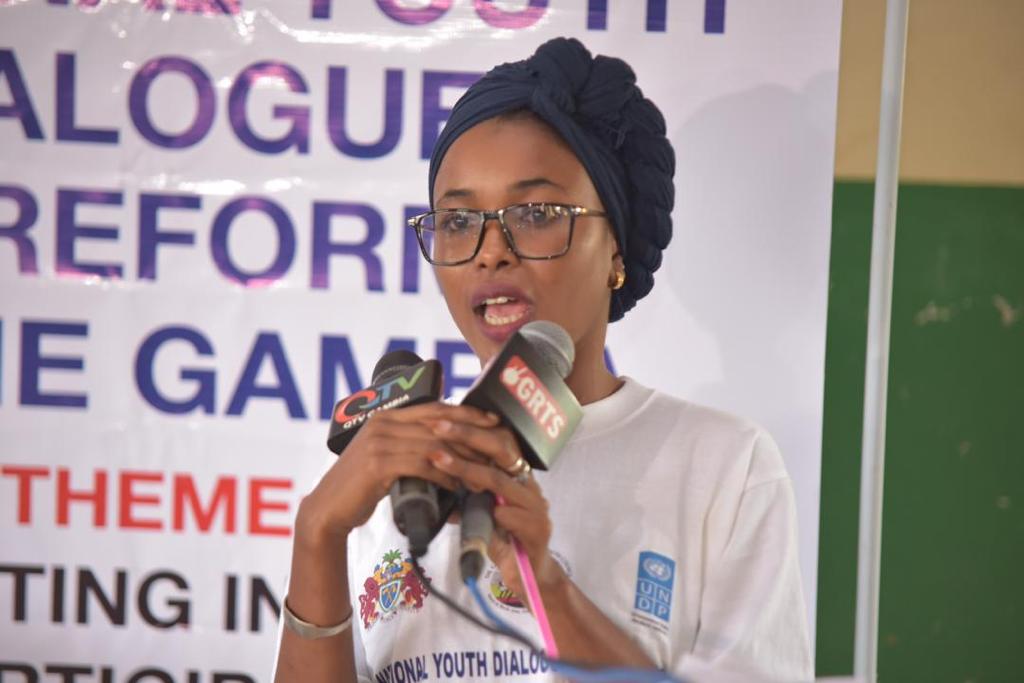By Adama Makasuba
Women’s Lives Matter, a social movement in The Gambia has led a march past that saw hundreds of Gambian women and men including family members of victims of those that died while giving birth to call for an end to growing maternal deaths during birth in hospitals and health clinics across the country.
The movement called on the government and its institutions to take action by ensuring that women lives are protected during child.
Speaking for the movement, Sally Jobe said: “we are saddened that despite these instruments Gambian women continue to suffer and die with impunity as (if) their lives never matter.”
But, she added: “contrary to our believe that no women should die while giving birth, daily account indicates that we (are losing) loss two or more women during child birth due to lack of blood, poor hospital conditions including lack of necessary medical equipment. Or even electricity; water supply and ambulances services, which post a direct contravention to government obligation while undermining the rights of women.”
“We hold that no Gambian women should die to give life to another Gambian, both lives should be in good health conditions. We are therefore calling on the government and other stakeholders to action. We are hereby making the following demands to The Gambia government and relevant state institutions for urgent and comprehensive action.” She stated.
She amplified saying “we deserve the right to employ all other peaceful constitutions, a democratic measure to ensure that lives of Gambian women are not in danger while giving birth to a Gambian. To institute a commission of inquiry to publish and investigate all matters of maternal deaths over the last five years with a view to ascertain the reasons and identify measures to address them.”
Meanwhile, Ebrima Sambou, explained how his sister Kumba Sambou died during childbirth, saying “myself donated blood and they didn’t give her until after two days that resulted in her death.”
While Agan Sey, and Essa Sidibeh, who both lost close family members, detailed similar testimonies




